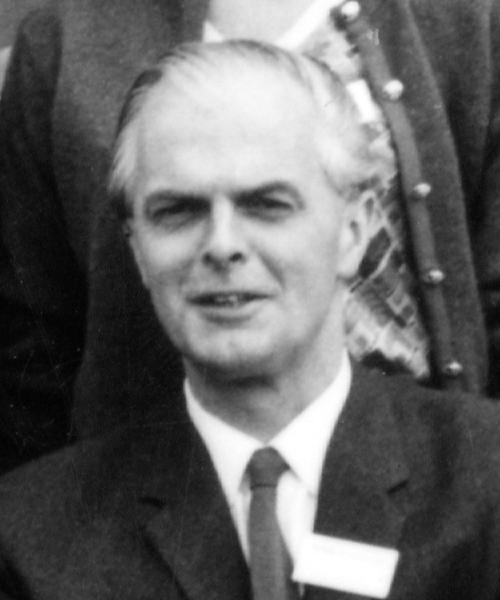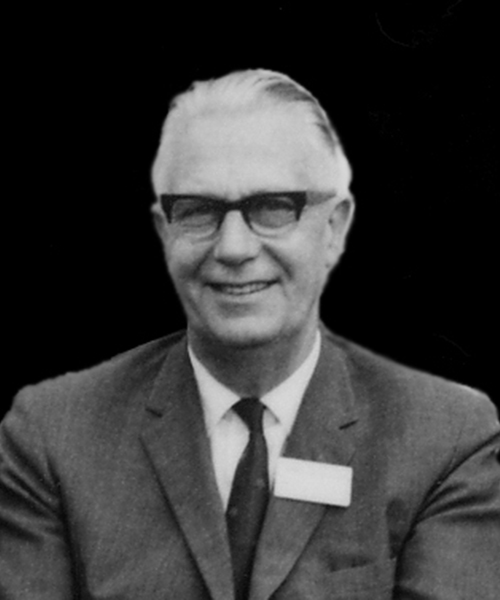Statement by TEMA co-founder, Prof. Colin Mills
“TEMA was conceived over a cup of coffee with Professor Knut Brieren of University of Oslo in the Trace Element Laboratories at the Rowett Research Institute, Aberdeen. Back in 1967 we were thinking of a small European Workshop dealing with trace element problems of livestock in the European scene. This seemed an excellent idea .….. until the father of trace element research, Eric Underwood, came to hear of what we were proposing. Those of you who remember Eric will be able to appreciate the violent explosions of indignation that greeted this news of our insular attitudes. Eric’s encouragement spurred us on to establish a truly international meeting that, through the years, has gone on from strength to strength with a blend of scientific excellence and informality that has been the basis for many working friendships.
The spirit of the TEMA meetings has survived many organisational problems. It has survived financial difficulties in developing our meetings, it must have been one of the truly international meetings in a country now tragically torn apart by ethnic divisions (in the course of which the records of TEMA-7 miraculously escaped destruction by fire) and it was one of the first truly international scientific gatherings in a reunited Germany.

Professor Colin F. Mills
Through the years the TEMA meetings have become noted for an informality that encourages free exchange of criticism in a field of work somewhat noted for its controversy. It is for this reason that many of us place so much value on the recorded discussions of our meetings that effectively monitor the scientific standards of its contributions without engendering the injured isolation that sometimes follows such exposure to differing ideas.
This free exchange of data and ideas has contributed very substantially to a much wider understanding of the significant roles of cobalt, copper, iodine, zinc, selenium and chromium deficiencies in the health and productivity of farm animals. Although we have realised for many years that deficits of iron and iodine were of pre-eminent importance for human well-being, it has taken recent failures in humanitarian relief policies to awaken a much wider practical interest in the importance of the essential trace elements for human health. While this has posed many diagnostic problems for which we still lack solutions, the frequency with which the micronutrient deficiencies are invoked to explain failures in humanitarian relief programmes is its own testimony to the urgent need for studies in this field. That TEMA is playing its part is fully evident from the list of consultants acknowledged in the recent World Health Organisation publication Trace Elements in Human Nutrition and Health.”

Professor Eric Underwood
